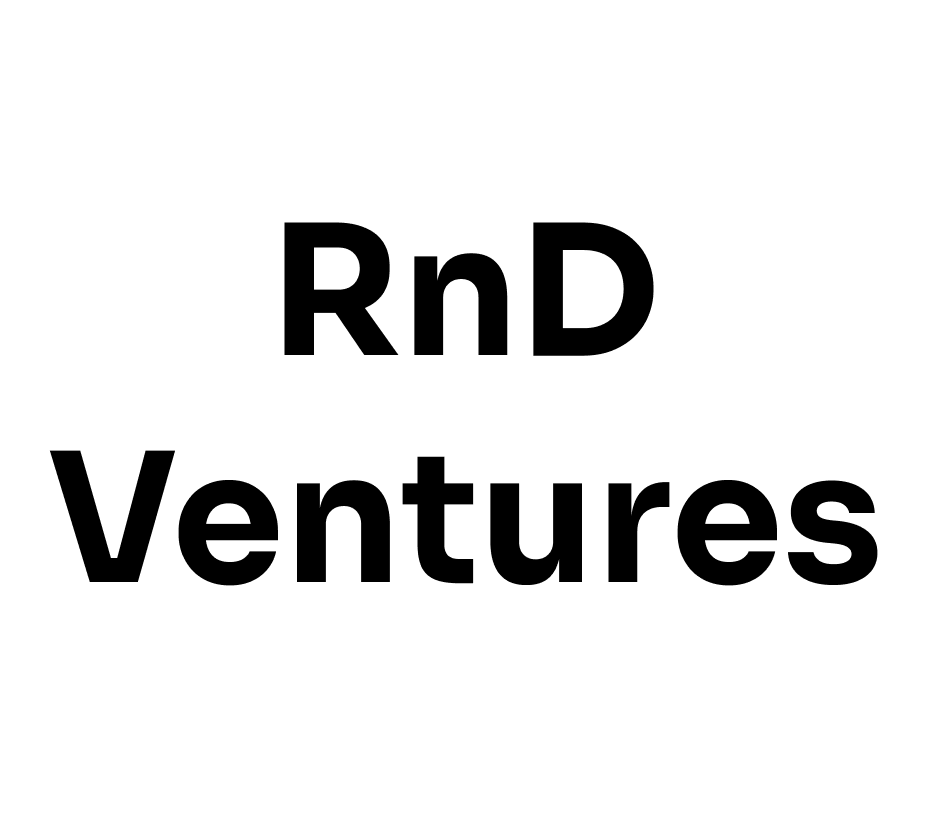RnDAO Talks Ep 39 | Anastasia Kalinina & Hugo Mathecowitsch
.png)
Exploring the Future of Governance and Restoring the Commons with Anastasia Kalinina and Hugo Mathecowitsch
In Episode 39 of RnDAO Talks, Anastasia Kalinina and Hugo Mathecowitsch explore the critical topic of future governance and the innovative tools necessary to restore the commons. Their backgrounds in international organizations, system change, and community building bring a wealth of knowledge to the discussion, aiming to explore new paradigms for governance that are inclusive, human-centric, and decentralized.
Watch this talk on YouTube or listen to the podcast on your favorite app
Introduction and Backgrounds
Anastasia Kalinina, with her extensive experience at the World Economic Forum and the UN, emphasizes the urgent need for new governance models. She highlights the failures of current systems and the potential for innovative frameworks that support multi-stakeholderism and community-driven governance. Her work with Restate Foundation focuses on exploring and implementing these new paradigms.
Hugo Mathecowitsch, founder of Tools for the Commons, brings an entrepreneurial perspective. His experience in financial services and creating new ways to channel funds to underserved communities has led him to governance as a foundational layer beneath economic systems. Hugo's work focuses on integrating peer-to-peer technologies and internet-based solutions to reimagine our social contracts and institutional frameworks.
The Monopoly of Governance
Hugo articulates a significant problem: governance remains one of the last monopolistic industries. Current systems give the illusion of choice through periodic elections, but fundamentally, they do not change. This monopoly stifles innovation and mismanages shared resources. Hugo suggests that by understanding governance as an industry and introducing competition, we can foster more effective and equitable systems.
Network Sovereignties and the Right to Exit
Anastasia and Hugo introduce the concept of "network sovereignties," which are self-sovereign, networked political communities operating beyond traditional state boundaries. These sovereignties provide a new form of governance that allows for voluntary participation and the free flow of ideas and resources. Unlike traditional states, they offer individuals the ability to opt-in based on shared ideologies and values, not geographic proximity.
Practical Applications and Examples
The talk highlights various real-world applications and experimental spaces for these new governance models. Anastasia mentions quadratic voting and decentralized AI polling as innovative methods already being tested in traditional governance systems. Hugo expands on the idea of network states, using Balaji Srinivasan's definition as a foundation. Network states are highly online communities capable of collective action, crowdfunding territory, and eventually gaining diplomatic recognition.
The Future of Governance
Anastasia and Hugo propose a layered approach to governance, unbundling traditional state functions into microservices managed by diverse providers. This approach includes:
- Host Countries: Regulatory sandboxes where new governance models can be tested.
- Physical Infrastructure: Distributed energy grids and other tangible resources managed under new legal frameworks.
- Community Management: Digital nations and associations operating with shared values and governance structures.
They stress the importance of interoperability, ensuring that new systems can work seamlessly with existing ones, facilitating a smooth transition towards more decentralized and community-driven governance.
Conclusion
The conversation in RnDAO Talks Ep 39 provides a visionary look at the future of governance. By breaking the monopoly of traditional systems and introducing network sovereignties, we can create more resilient, inclusive, and adaptable governance models. Anastasia Kalinina and Hugo Mathecowitsch offer a roadmap for this transformation, emphasizing the need for continuous experimentation and collaboration to build the tools necessary to restore and sustain our commons.
For more insights and to join the discussion, follow RnDAO's future talks and engage with the community exploring these pioneering ideas.
